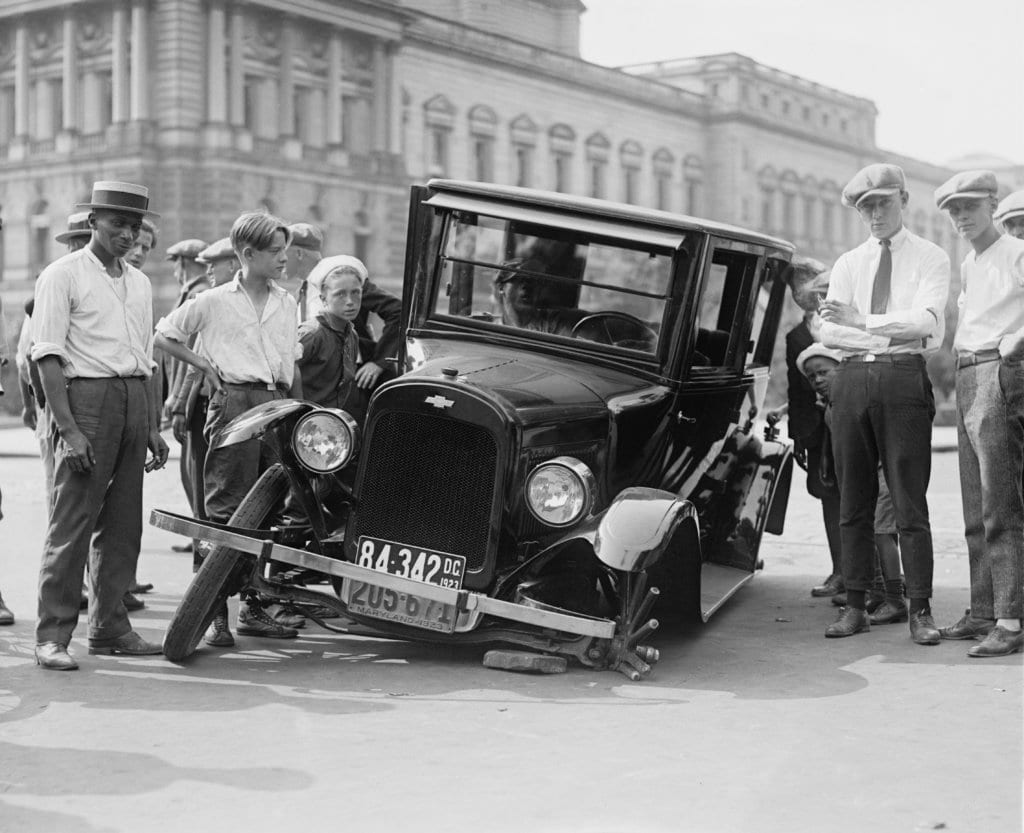We’ve all probably been there at some point where a car is in the shop and a friend or neighbor offers theirs to help. Or perhaps when you’re traveling out of your home state visiting loved ones and borrow the vehicle of someone not covered on your insurance policy.
During these occasions, you might not have considered how your insurance plan might cover you in case of an accident. Before you loan out a vehicle or borrow someone else’s be sure to take a good look at your insurance to make sure you’re covered.
Insurance coverage for borrowed vehicles
A deciding factor in whether or not your insurance will cover you when driving a borrowed vehicle in Virginia is if you have permission to be driving that vehicle. Virginia Code § 38.2-2204 states:
“Any other person using or responsible for the use of the motor vehicle, aircraft, or private pleasure watercraft with the expressed or implied consent of the named insured shall be insured by the vehicle owner’s insurance.”
However, if someone uses your car without your consent, that car is without insurance coverage. The situation can get even more complicated though. For example, if you allow your neighbor to drive your car to the grocery store, but they then go for a little road trip using your vehicle, the car is no longer covered. That’s because your neighbor is using the car for an unapproved activity.
Not only that, but the driver’s insurance is unlikely to cover them either, which means your neighbor could be responsible for tons of liability in case of an accident.
Now let’s say that your neighbor allows a friend to drive your car while you’re loaning it to them. You didn’t give that friend permission to drive the vehicle so are they covered? Essentially, when you give your neighbor permission, it applies to whoever they give permission to from there. So your insurance will still apply.
How to avoid insurance issues with borrowed vehicles
Virginia law is extremely complicated when it comes to driving someone else’s vehicle. It’s a good idea to avoid loaning out your vehicle to those outside of your household. While that might sound rude, it’s for your own financial and liability protection.
If you know someone who is down on their luck or having vehicle issues, it’s better to offer to give them a ride. While that takes time out of your busy schedule, it’s the safest way to lend a hand in these circumstances.
Here are some additional tips for avoiding insurance issues with borrowing a vehicle or loaning a vehicle.
- Always lock your car when it’s parked at your home to ensure friends and family get your express permission before borrowing it.
- Check with the driver about their insurance coverage before loaning out your vehicle and even ask for proof of insurance. You can’t be too careful given how strict Virginia law is.
- Before borrowing a vehicle while yours is in the shop, ask your mechanic about a courtesy vehicle. Many places have them but only offer them under certain circumstances.
- Consider renting a car to meet your needs. While you’ll pay upfront for such a vehicle, liability is clear, and you’ll have effective insurance coverage while driving.
- It’s a good idea to get permission to borrow a vehicle in writing. That way, if you get pulled over, you have proof that you aren’t driving a stolen vehicle. And in case of an accident, there’s proof for the owner that they gave permission for the driver to borrow the car.
It is safe to share vehicles within your household when members of your household share the same insurance policy. In that case, it’s not considered a borrowed vehicle because your household vehicles are all covered under the same policy.
What to do if a borrowed vehicle is in an accident
If you loan out a vehicle and the driver is involved in an accident or if you were involved in an accident while driving a borrowed vehicle, get in contact with an attorney immediately.
Because a borrowed vehicle is involved, there’s now an added party when it comes to determining liability and whose insurance company is responsible for repairs and medical bills.
An attorney will help you sort through the details to ensure the car’s driver and the car’s owner get the financial coverage they deserve. One small misunderstanding could lead to one or both of you footing the bill unnecessarily. Schedule a free consultation with the team of attorneys at Gore & Kuperman to learn how we can help.
